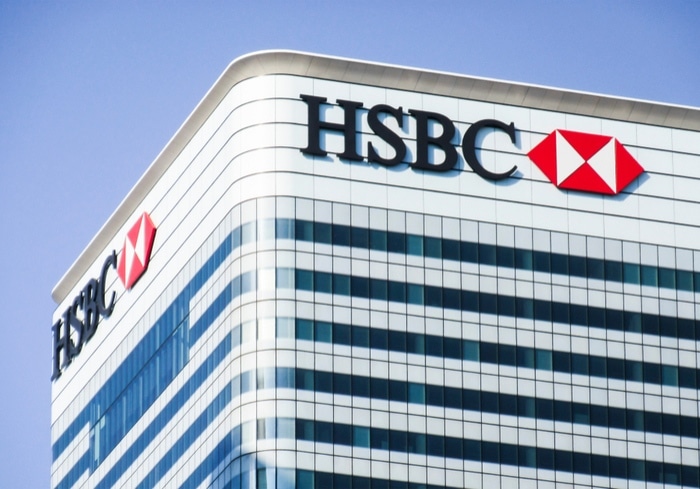HSBC’s Move to Restrict Crypto Transactions
The United Kingdom’s largest bank, HSBC, has decided to disallow Bitcoin and cryptocurrency-related transactions. According to a recent report from The Times, the bank will prevent its customers from transferring funds to or from cryptocurrency exchanges and digital wallets. This restriction is a significant development for crypto enthusiasts, particularly during the ongoing bull run, which has seen Bitcoin and other cryptocurrencies reach new heights.
What Does This Mean for Bitcoin Users?
HSBC’s decision implies that:
- Deposits Linked to Crypto: Customers cannot deposit funds from Bitcoin, Ethereum, or other altcoin transactions into their HSBC accounts.
- Purchases Blocked: HSBC users are prohibited from using their debit or credit cards to buy cryptocurrency.
While HSBC is firm in its stance, other U.K. banks remain somewhat accommodating. Many banks still allow transactions from digital wallets into current accounts but block crypto purchases through credit cards.
Money Laundering Concerns Behind the Ban
HSBC and other major financial institutions have often cited money laundering risks as the primary reason for restricting crypto transactions. This action follows a September 2020 FinCEN file leak, which revealed that HSBC and other banks allegedly allowed over $2 trillion in suspicious transactions.
The inconsistency in their stance—claiming anti-money laundering concerns while being implicated in laundering scandals—has drawn criticism from the crypto community.
Crypto Community Reacts to HSBC Ban
The decision has sparked mixed reactions:
- Ran Neuner, a prominent crypto advocate, argued that banks like HSBC risk losing relevance if they block crypto-related transactions. He said:
“Banks will place themselves out of business by restricting crypto adoption on their platforms.”
- Danny Scott, CEO of CoinCorner, shared a more optimistic view. He noted that many banks in the U.K. have started accepting Bitcoin, and his exchange has faced no significant issues as long as fund sources are transparent.
HSBC’s Decision in Context
This is not the first time traditional banks have clashed with crypto:
- Barclays Bank also flagged transactions to crypto exchanges for similar reasons.
- However, several banks globally have taken a more collaborative approach to crypto. For example, JPMorgan Chase, which once criticized Bitcoin, now facilitates crypto transactions for Coinbase and Gemini.
Alternatives for Crypto Investors
For those affected by HSBC’s ban, alternatives include:
- Switching Banks: Many other U.K. banks allow crypto-related transactions, albeit with restrictions on credit card usage.
- Peer-to-Peer Transactions: Platforms like LocalBitcoins or Paxful allow direct transactions between users without intermediaries.
- Using Crypto-Friendly Banks: Challenger banks and fintech platforms like Revolut support crypto trading and transfers.
- Decentralized Finance (DeFi): DeFi platforms provide financial services without reliance on traditional banks.
Conclusion: A Restrictive Move in a Growing Market
HSBC’s decision to ban Bitcoin transactions highlights the ongoing tension between traditional financial institutions and the rising crypto market. While the bank cites concerns over money laundering, the move may push crypto users toward alternative banking solutions or decentralized financial systems.
As Bitcoin and other cryptocurrencies continue gaining mainstream acceptance, financial institutions will need to strike a balance between compliance and innovation to stay relevant.
To learn more about the innovative startups shaping the future of the crypto industry, explore our article on latest news, where we delve into the most promising ventures and their potential to disrupt traditional industries.
Disclaimer: The information provided is not trading advice, Bitcoinworld.co.in holds no liability for any investments made based on the information provided on this page. We strongly recommend independent research and/or consultation with a qualified professional before making any investment decisions.




